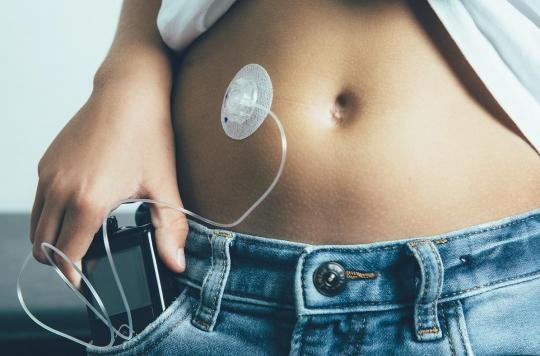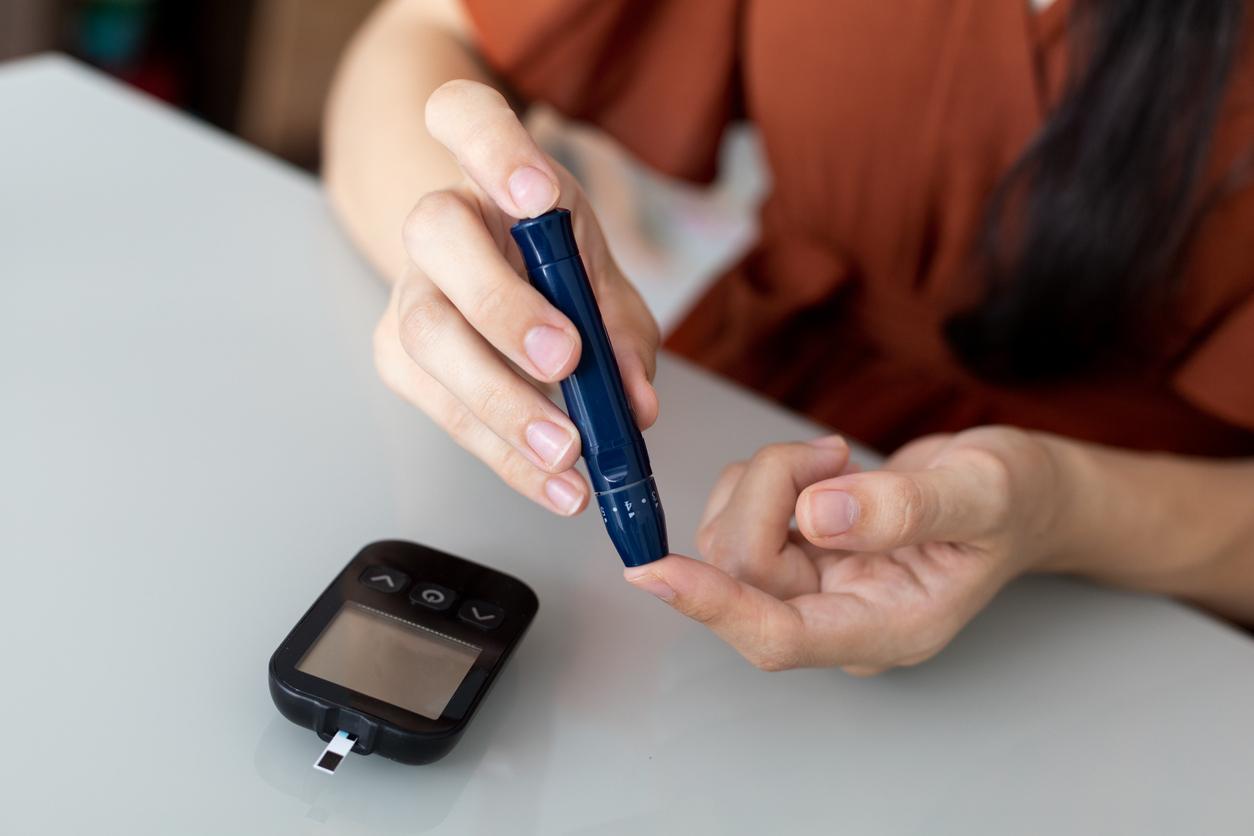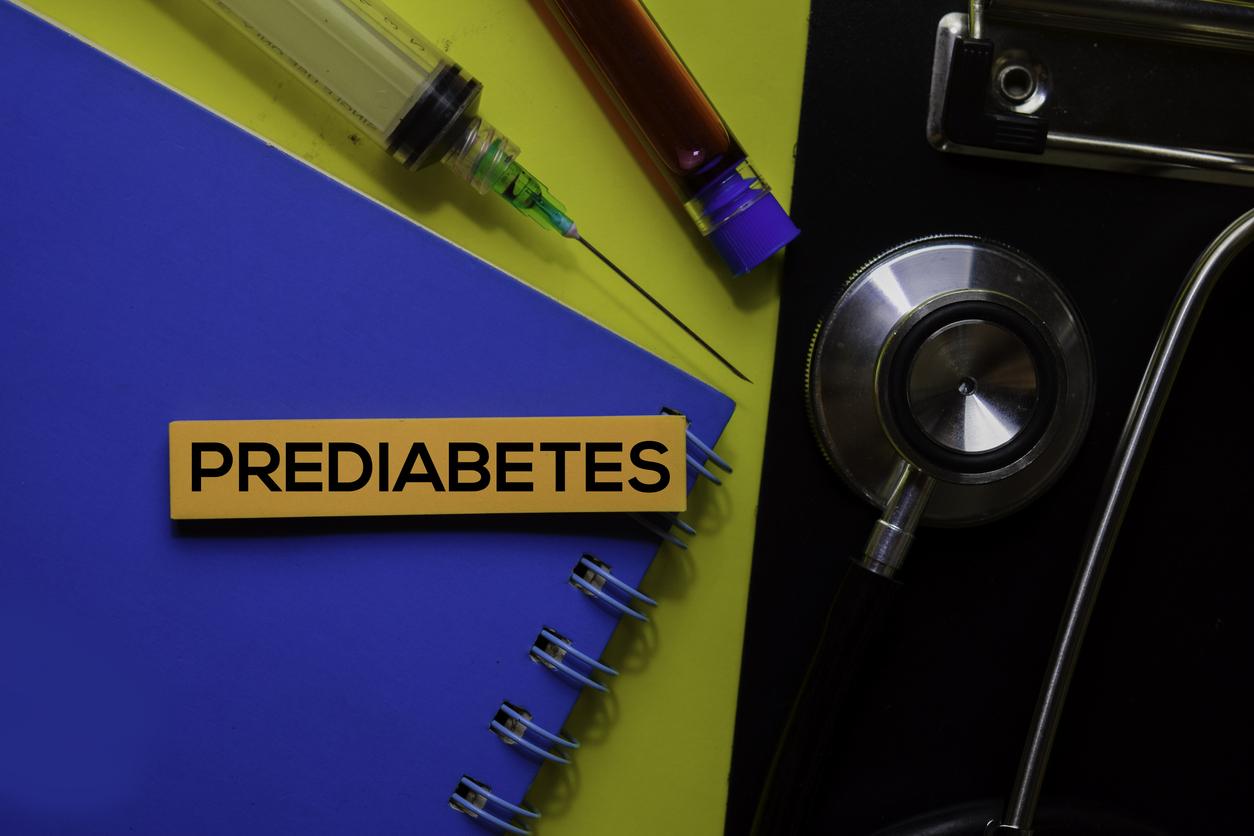Since June 30, 250 French patients with a rare form of type 1 diabetes can no longer benefit from implantable insulin pumps to control their blood sugar. While waiting for a new company to be able to resume production, the alternatives are not numerous and all have their limits.

- Since June 30, hundreds of patients with a rare form of diabetes no longer have a viable solution to live normally.
- Among the alternatives, the pancreatic islet transplant, which is more cumbersome, presents risks linked to the transplant and to treatments with immunosuppressants.
- Another option that could be considered is that of artificial pancreas, but this technique is not suitable for these patients.
On June 30, the American pharmaceutical company Medtronic stopped producing the insulin pumps that allow several hundred patients to live normally. Suffering from a very unstable form of type 1 diabetes, they do not respond to conventional treatments. Subcutaneous insulin absorption is poor or irregular, leading to large variations in blood sugar, in particular hypoglycaemic comas. To circumvent the problem, they use an internal pump which allows them to diffuse insulin directly into the body. Problem, since June 30, it is no longer produced by Medtronic and no buyer can assume production before, at least, 2023.
Alternatives that have all their limits
“We feel abandoned”, entrusted Sabine Guérin, implanted for 27 years and founder of the Collective of the implanted, to Why doctor on June 30, when she and the others found themselves without a lasting solution. “For these patients, the only satisfactory management of their disease requires, to date, administration of insulin via the peritoneal route, which allows insulin to pass through the portal vein and reach the liver, the site of the storage of sugardescribes Nathalie Jeandidier, head of the Department of Endocrinology, Diabetes, Nutrition at the University Hospital of Strasbourg in a press release. This route is that of insulin in non-diabetic subjects and allows good regulation of blood sugar levels, particularly during meals and physical activity..”
Alternatives do exist for these patients, but all have limitations. “Among them, the transplant of pancreatic islets (cells secreting insulin in a regulated manner), more cumbersome, presenting risks linked to the transplant (portal vein thrombosis, etc.;) and to treatment with immunosuppressants; external DiaPort equipment open to the skin causing repeated infections and only representing a short-term solution”, explains Nathalie Jeandidier. Another option that could be considered is that of artificial pancreas, but this technique is not suitable for these patients whose blood sugar is very unstable and does not correspond to the algorithms put in place for the rest of diabetics.
The physiological pathway, an alternative to explore
Professor Nathalie Jeandidier explains that medical research must focus “on methods favoring physiological delivery allowing insulin to quickly access the portal vein”. This corresponds to large veins that carry blood to the liver to bring it sugar and insulin. “This solution induces good glycemic control, less variability and significantly reduces significant deviations, hyperglycemia and severe hypoglycemia”, she wants to believe.
















